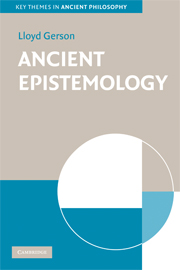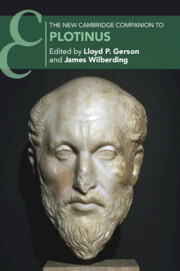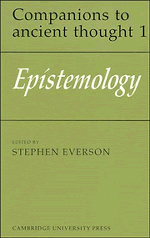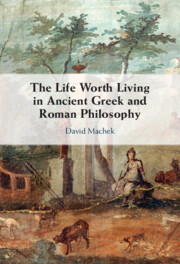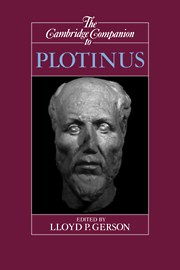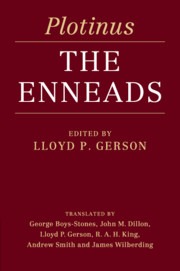Ancient Epistemology
This is the first title in the Key Themes in Ancient Philosophy series, which provides concise books, written by major scholars and accessible to non-specialists, on important themes in ancient philosophy which remain of philosophical interest today. In this book, Professor Gerson explores ancient accounts of the nature of knowledge and belief from the Presocratics up to the Platonists of late antiquity. He argues that ancient philosophers generally held a naturalistic view of knowledge as well as of belief. Hence, knowledge was not viewed as a stipulated or semantically determined type of belief but was rather a real or objectively determinable achievement. In fact, its attainment was identical with the highest possible cognitive achievement, namely wisdom. It was this naturalistic view of knowledge at which the ancient Skeptics took aim. The book concludes by comparing the ancient naturalistic epistemology with some contemporary versions.
- Major synthesis of one of the most important fields of philosophy in antiquity by a senior scholar of international renown
- Covers the whole of antiquity from Socrates' predecessors to late antiquity
- Shows how the ancient accounts and debates reflect on modern discussions of epistemology
Product details
February 2009Hardback
9780521871396
190 pages
235 × 156 × 13 mm
0.44kg
Available
Table of Contents
- 1. Ancient and modern perspectives
- 2. The origin of epistemology
- 3. Plato
- 4. Aristotle
- 5. Epicureanism and Stoicism
- 6. Skepticism
- 7. Plotinus and the Neoplatonic synthesis
- 8. Varieties of naturalism
- Bibliographical essay.

